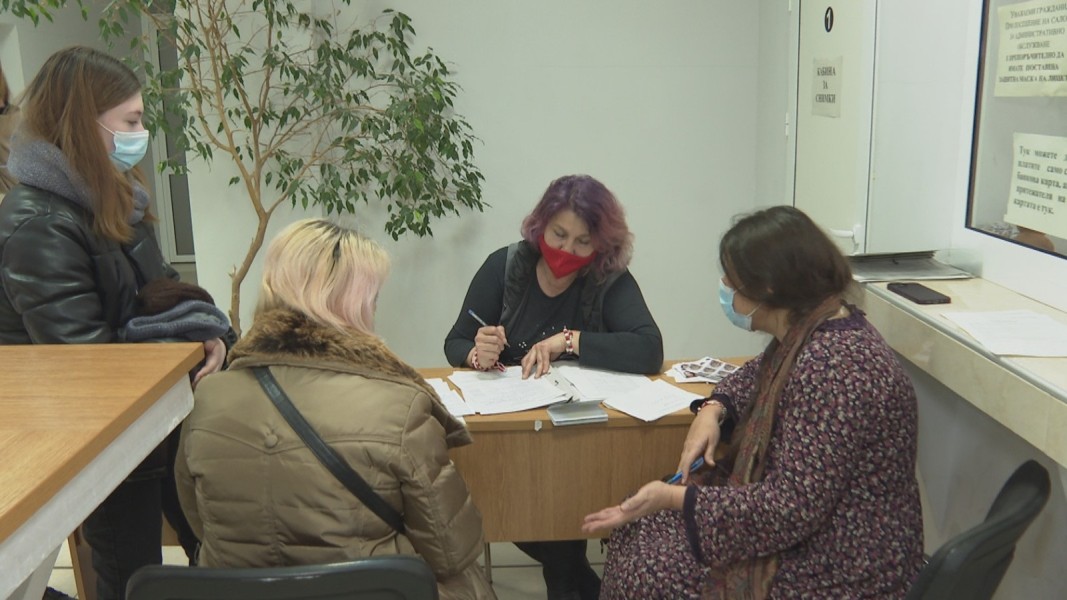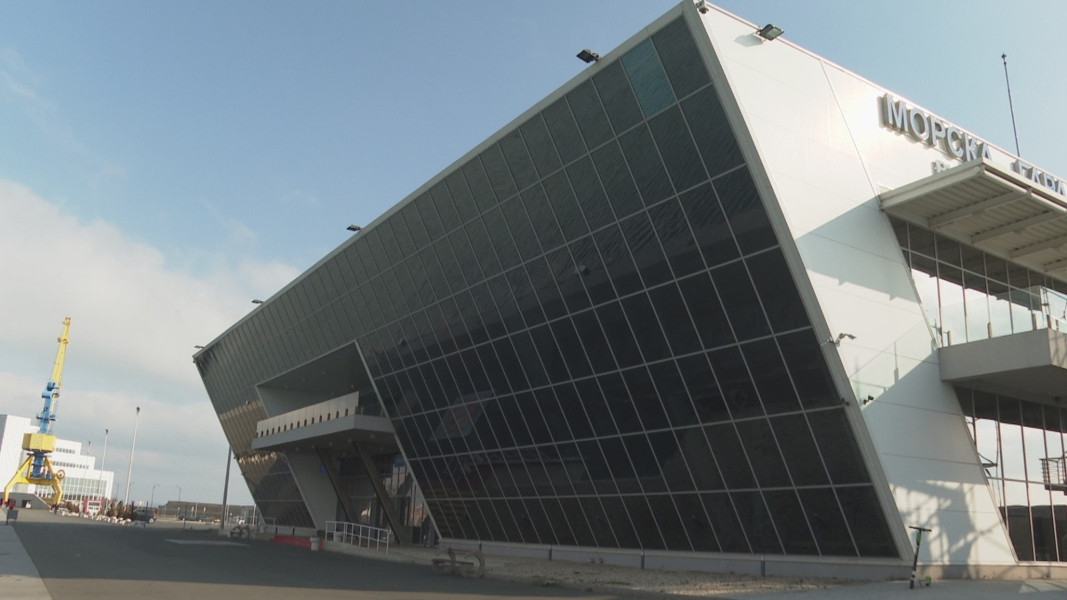“Friends helping refugees from Ukraine are looking for lodging for a student, a mother with a child and a middle-aged woman. For one week, until they have arranged for their papers. If anyone can help, please write.” This appeal was launched by a colleague of ours a few days ago, but many like it are constantly being posted on social media. Within hours, people respond – kind-hearted strangers, asking no questions, laying down no conditions and having no expectations. Help, support, empathy in the first days of the shock of war. Volunteers from all over the country collect, coordinate and organize donations, transportation and accommodation. And here, unwittingly, the question arises: where is the state administration? In a situation like this it seems to have shown itself to be a lumbersome machine, unprepared for the race called “life”.

Over 37,000 Ukrainian refugees have entered Bulgaria since the start of the war, almost 30,000 have remained on the territory of Bulgaria. Most of them are women and children, as well as Bessarabian Bulgarians. 5,900 people have crossed the country’s border in the past 24 hours, according to border police information.
Deputy Minister of Labour and Social Policy Ivan Krastev said, in an interview with the BNR, that a European directive on temporary protection for refugees from Ukraine, which the Bulgarian government endorsed, is to be published in the Official Journal of the European Union in a matter of days.
“For the first time a mechanism will be activated to help the people fleeing the war, arrange for their temporary stay, access to the labour market, social services, education and healthcare. That is why it is so important that the people coming to this country have refugee status. This directive does not require any changes to the local laws, so it should be applied quickly,” Deputy Minister Ivan Krastev says.
Quickly – time seems to be flowing differently these days…
At the same time the Ukrainian citizens in this country have to submit a refugee status application by 31 March if they want to receive assistance of 40 Leva (EUR 20) a day in the course of three months, as is the government’s decision. By force of the same measure the tourism industry is going to be assisted as well – hotels and other accommodation facilities. A fast-track procedure will be put in place to give refugees from Ukraine access to the labour market.
“There have been plenty of enquiries by Bulgarian employers with job offers in all sectors of the economy,” Deputy Minister Ivan Krastev says and adds that the Ukrainian children coming to this country are in need of psychological assistance by specialists, and quickly. But that too is on a voluntary basis, he says. The State Agency for Child Protection can only make a formal decision after refugee status has been obtained. The procedure of admitting Ukrainian children to school or kindergarten also begins with the establishment of the refugees’ legal status. Until then – it is up to the volunteers.
The messages conveyed need to be clear
“There is no clear information how to organize our lives until this atrocity is over,” refugees passing in transit say.
“The state administration does not have a representative at the borders,” says Ivan Toshev from the National Association of Small and Medium Business, and gives as an example countries like Norway, Sweden, the Netherlands, Germany, which have their own posts with their national flag, where there are people handing out food, helping and giving directions. “We do not have that. People come from Ukraine, and here they are unable to get in touch with us because they do not have cellphone cards. They do not have any money because nobody is exchanging their currency.”
Ivan Toshev and his colleagues have been helping refugees, as volunteers, with transportation, food and lodging. But they are unable to send humanitarian aid to the people in Ukraine by themselves. “How can we get it over the border? There needs to be a single coordination centre to assist in this, and it is the state that ought to be this centre,” he says.
Such a centre will start operating by the end of the week – but in Burgas. The biggest number of people fleeing the war is now at Bulgaria’s Black Sea coast.

“The purpose of the crisis centre is to have all institutions responsible for the refugees in one place,” said Stoyko Tankov, regional governor of Burgas, and once again urged Bulgaria’s ministries, agencies and state-owned enterprises to offer their holiday facilities at the seashore to refugees from Ukraine. Something that the Bulgarian National Radio, Bulgarian National TV and Sofia University St. Kliment Ohridski have already done. He is also urging the national crisis headquarters to help relocate the refugees from the Black Sea coast inland.
“We, citizens, seem to be ahead of the Bulgarian state in what we are doing,” photographer Vera Gotseva said in an interview with Radio Bulgaria, referring to the lack of organizational and logistical administrative support.
But isn’t the state made up of us, the people? In times such as these “our daily lives abruptly become history,” as writer Georgi Gospodinov writes. And even if the state continues as an adequacy laggard, one thing is clear – the efforts by its citizens carry hope to the thousands now running from the war.
Interviews by Horizont channel, Radio Burgas, BNR and Radio Bulgaria
Editing by Vessela Krasteva
Photos: BGNESThe town of Elena, Veliko Tarnovo region, will welcome thousands of guests for the Feast of the Elena pork leg meat delicacy . Balkan masters will demonstrate their culinary art on Saturday and Sunday, BNR correspondent Zdravka Maslyankova reported...
The international wine festival "Bolgrad Wine Fest" is opening today in the unofficial capital of ethnic Bulgarians in Ukraine - Bolgrad. The two-day event will be held at the Center for Culture and Recreation. For the first time, within the..
The 33rd Bulgarian polar expedition is heading to Antarctica to continue its scientific research in cooperation with scientists from different countries. For the first time, travelers from two Balkan countries - Greece and Montenegro, as well as from..

+359 2 9336 661
